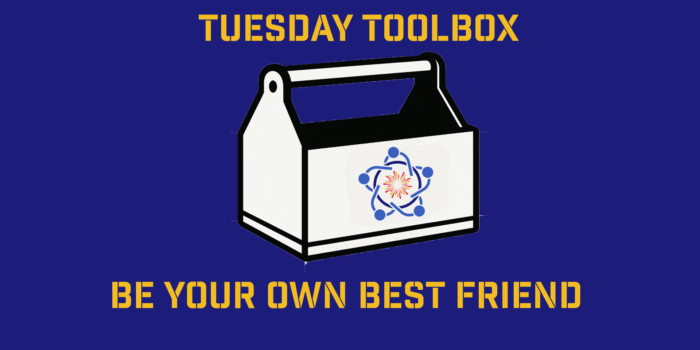My Wednesday Wish for You: To Be Your Own Best Friend We often push ourselves harder than anyone else ever…
Being the most interested person in the room makes you the most interesting.
Read what Marcel Schwantes from Inc. says about the brain science behind owning the room in a social setting.
Stepping into new social situations can be daunting. Whether it’s a networking event, a conference, or a gathering with unfamiliar faces, the pressure to connect with others can feel overwhelming (introverts, can I hear an amen?).
However, the art of connecting with others can transform these situations from nerve-wracking experiences into opportunities for meaningful engagement and growth.
Caroline Webb, author of “How to Have a Good Day,” offers invaluable guidance for navigating the complexities of social interaction. Whether you’re an introvert seeking to break the ice or an extrovert aiming to deepen your connections, here are four ways to make the most of every social encounter.
1. Stay away from negative stereotypes
First, it’s important to know what’s going on in our subconscious brain (what Webb calls the “deliberate system”). That part of our brain can only process a certain amount of information at any given time, which means we’re subconsciously filtering out many other things. This means we miss out on many signals and cues around us without realizing it. To make the most of our deliberate system, avoiding negative stereotypes and judgments is essential. If we enter a conversation with a preconceived notion that someone is a jerk or insecure, our brain will confirm that bias. Welcome to confirmation bias.
2. Focus on the positive
To begin a great conversation, remember that whatever is on your mind will shape what you pay attention to during the conversation. If you focus on positive aspects, you’ll be less likely to notice annoying or awkward things and more likely to notice interesting things about the person you’re talking to. This can help build a strong rapport and a foundation for a great conversation.
3. Show interest in the other person
Webb suggests that we should make an effort to discover something intriguing about the other person during a conversation, such as a fascinating fact or idea, which we can then explore further by asking interesting questions. This requires us to activate our genuine curiosity. Several studies have shown that curious individuals have better relationships, connect better with others, and enjoy socializing more. In fact, people are more likely to be attracted to and feel socially closer to those who exhibit curiosity.
4. Ask genuine questions
It’s a well-known fact that people love talking about themselves. Therefore, you should let them do so. By showing interest in their story, you will come across as an active listener and ultimately become the interesting one in the conversation. According to science, when people find you fascinating because you’re asking them genuine questions about their opinions on a topic, it is inherently rewarding for their brains. They’ll consider you a curious and open-minded person, making you a more interesting person to talk to.
By taking the initiative and making the conversation about the other person, you train the deliberate system in your brain to be activated in new social situations. This selfless act of shining the spotlight on someone else first gives you the edge — making you the more interesting person in the room.



